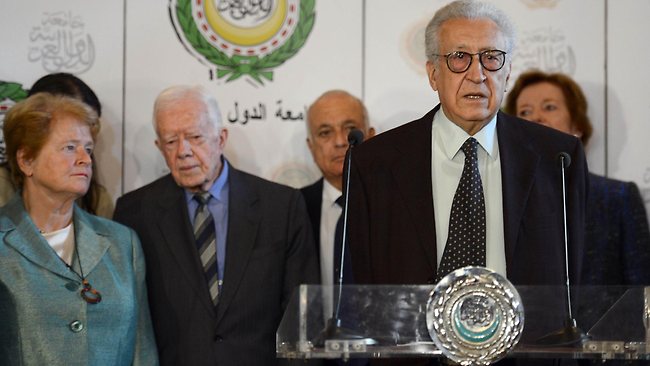CAIRO: Failures within both the private sector and government agencies were to blame for the deaths of some 1,000 people in the Feb. 3 sinking of a passenger ship in the Red Sea, according to a report by a leading human rights group.
“National institutions failed to adequately deal with the sinking of the Al-Salam 98, states an initial 46-page report released by the Egyptian Organization for Human Rights (EOHR) on Feb. 14.
“This tragedy illustrates how far the level of service in all sectors, without exception, has fallen, the report adds.
According to EOHR Chairman Hisham Kassem, the accident was the result of “major infrastructural deficiencies.
The report points specifically to several culprits.
The private company that owned the doomed vessel, for example, “lost the opportunity to deal quickly with the crisis after “being alerted to the sinking. by the captain of the [nearby] ferry Saint Catherine, which led to a delay in search and rescue efforts.
The performance of the government media apparatus, meanwhile, was marked by uncertainty and confusion, so while news agencies and satellite television stations had up to date news coverage, Egyptian state television was late in transmitting details of how the disaster happened, the report states.
The Red Sea governorate was blamed for failing to prepare an adequate reception for the anxious families of passengers, who descended on the ports of Safaga and Hurghada in the wake of the accident.
“The governorate dealt with the issue in a haphazard manner, which led to the prolonging of the families’ discomfort for three days, the report notes.
Specific government ministries also came in for criticism.
“The Ministry of Interior is still deficient in dealing with civilians in an appropriate manner, the report states. It goes on to concede, however, that “the ministry’s performance during the crisis was still better than that of other agencies.
As for the health ministry, the report noted the fact that local hospitals had inadequate refrigeration units to handle the bodies of incoming victims. This resulted in “some bodies waiting in ambulances in front of the hospital while waiting for places.
The Al-Salam Bocaccio 98 set out on the evening of Feb. 2 from the Saudi town of Dubah carrying 1,414 passengers, en route to the Egyptian port of Safaga, some 500 km southeast of Cairo.
Not long after its departure a fire broke out on one of the vessel’s lower decks, causing it to sink 57 miles off the Egyptian coast.
Of all the passengers on board the 35-year-old ship, only about 400 were saved during the several days of rescue efforts that followed.
As the tragedy unfolded, numerous complaints emerged about the government’s handling of the crisis. At one point, angry crowds of relatives of missing passengers attempted to storm the Safaga port in search of information, leading to a heated clash with police.
The offices of the Al-Salam Maritime Company, which owned the ship, were also attacked by angry crowds.
The report, which was issued following a fact-finding investigation to the port of Safaga concludes with a number of key recommendations.
These include: the launch of a wide-ranging investigation into the recent disaster as well as previous incidents; the formation of a team of experts to confirm the seaworthiness of the nation’s passenger ferries; and amendments to legislation on the legal passenger capacity of such vessels.
While the state prosecutor announced that a government-led investigation would be undertaken shortly after the accident, few details have emerged.
“The official investigation into the causes of the sinking of the boat has yet to make its findings public, leading to a spate of speculation and rumor, the state press reported on Feb. 9.
In the past, similar incidents were never satisfactorily prosecuted, the EOHR report notes. IRIN



